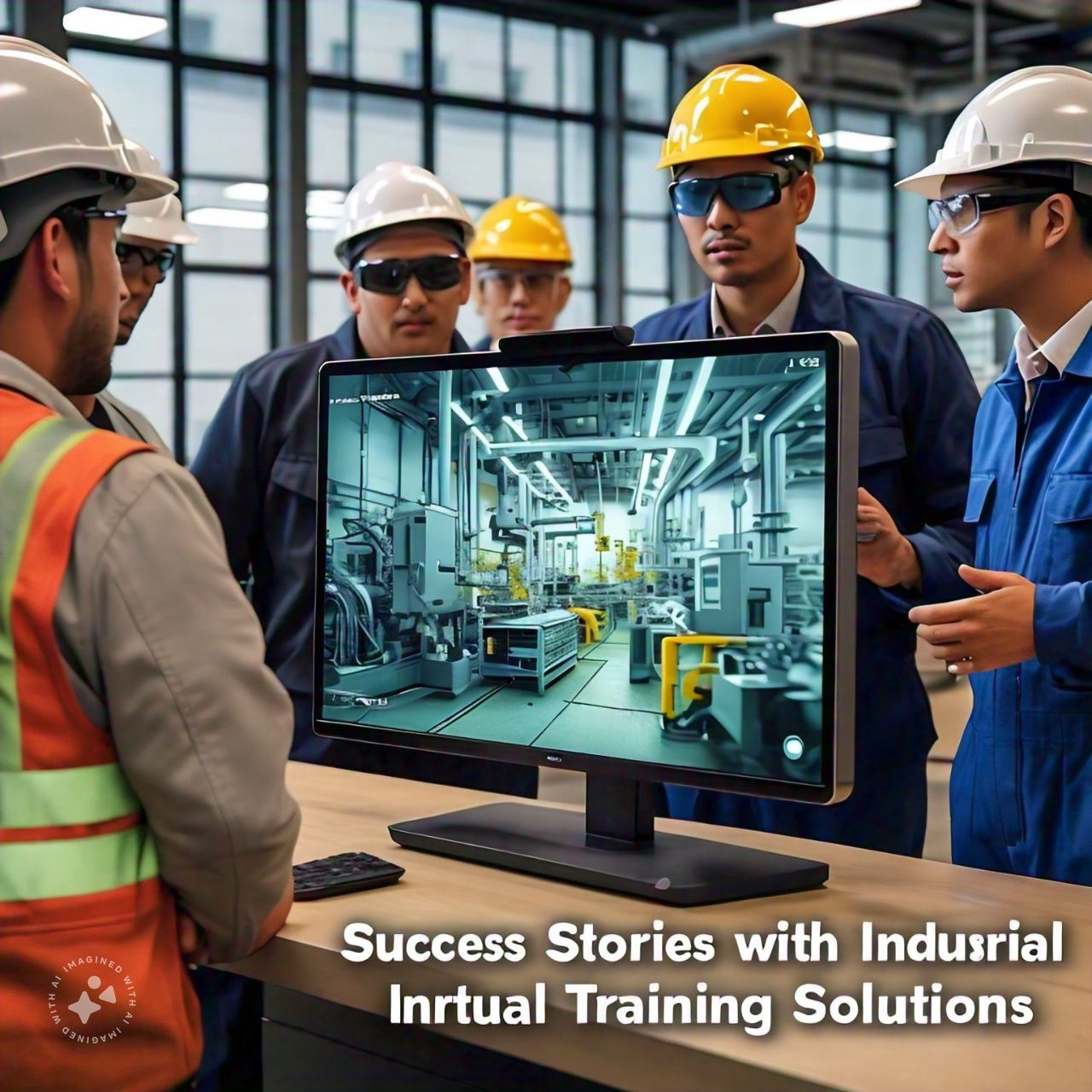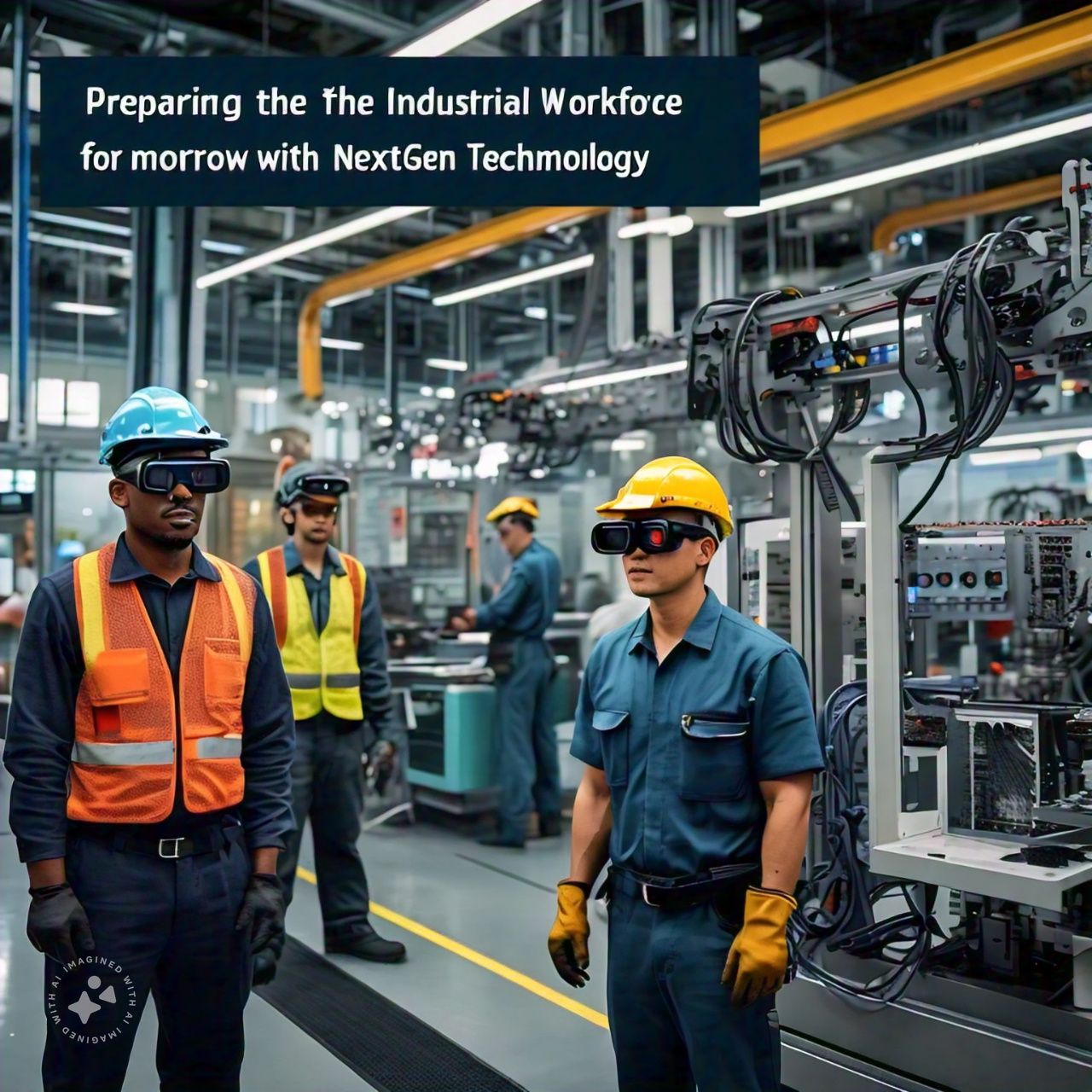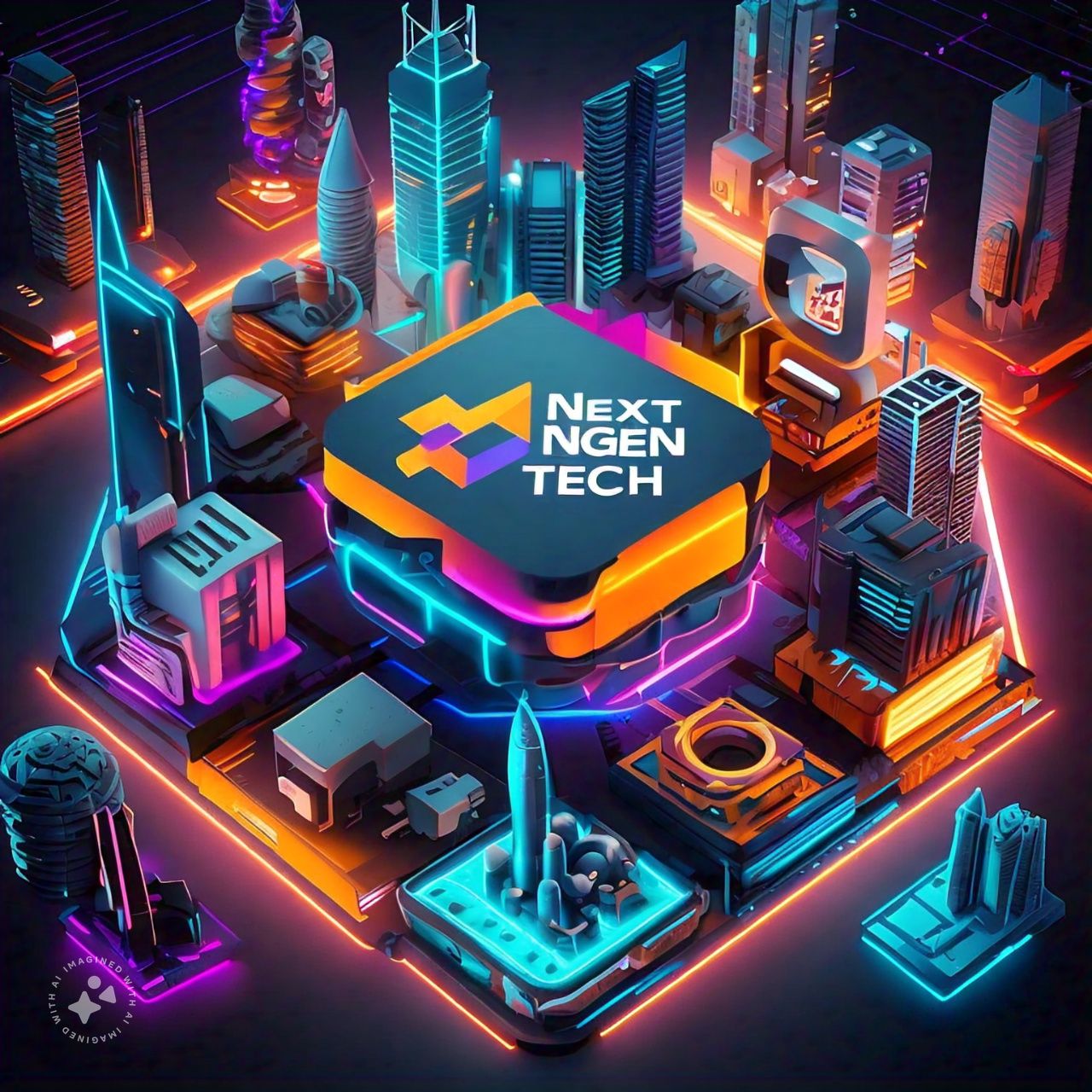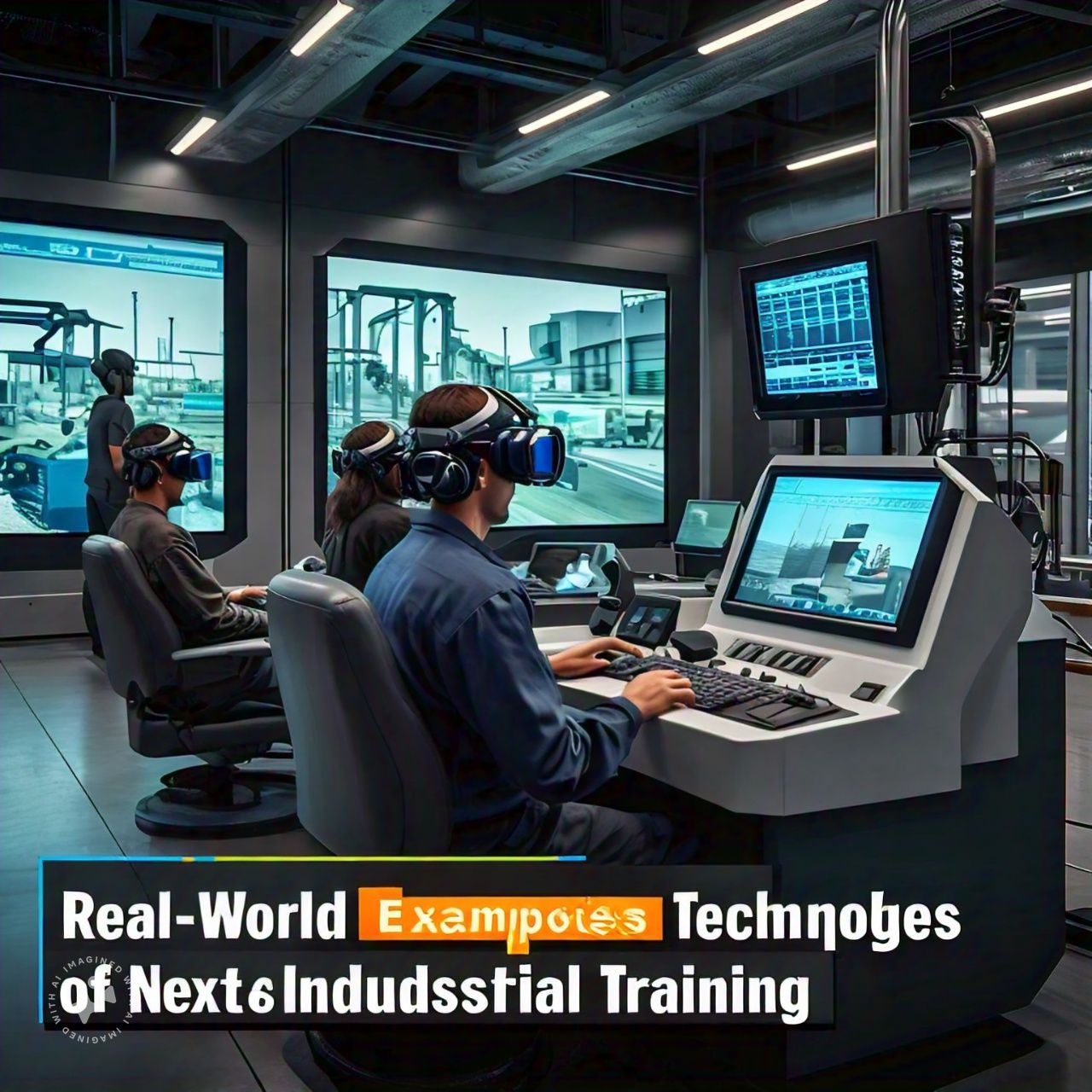
Industrial Virtual Training Solutions are innovative platforms and methods that use virtual reality (VR), augmented reality (AR), and simulation technologies to train employees in various industrial sectors. These solutions enable workers to experience real-world environments and tasks in a controlled, virtual setting, significantly enhancing their learning experience. From factory floors to complex machinery operations, virtual training immerses employees in realistic scenarios, allowing them to acquire critical skills and knowledge without the risk or cost of physical training.
The importance of Industrial Virtual Training Solutions is clear: they provide an efficient, cost-effective, and safe way for businesses to ensure their employees are well-prepared for the challenges of the workplace. With industries increasingly focusing on automation, technology, and safety, virtual training solutions are quickly becoming a vital component of industrial workforce development.
Case Study 1: Improving Workplace Safety with Virtual Training
Safety is a top priority in industries such as manufacturing, construction, and energy. In many cases, traditional safety training methods, such as classroom lessons or on-the-job training, are time-consuming, costly, and often fail to replicate real-life scenarios accurately.
A leading manufacturing company was facing increasing concerns over workplace safety and the rising number of accidents on the factory floor. They decided to implement a Virtual Safety Training Program that simulated hazardous environments. Through VR, employees could interact with potential safety risks in a controlled, virtual space before facing them in real life.
Results:
- Reduction in Accidents: The company saw a 30% decrease in workplace injuries within the first year of using virtual safety training.
- Increased Engagement: Workers found the immersive nature of VR training more engaging than traditional safety briefings, which boosted participation rates.
- Faster Response Times: Trainees were able to react more quickly in dangerous situations, thanks to repeated exposure to emergency scenarios in virtual environments.
This case demonstrates the effectiveness of Industrial Virtual Training Solutions in enhancing safety, improving retention, and ensuring workers are better prepared for real-life situations.
Case Study 2: Reducing Training Costs in Manufacturing
In industries like manufacturing, where operational efficiency is key, training programs can be expensive, especially when they involve machinery and equipment that require significant downtime or costly resources. One large automotive company faced this challenge when they needed to train hundreds of employees on new manufacturing equipment.
By transitioning to virtual training solutions, they were able to create simulations of the equipment, allowing employees to practice on a digital version of the machinery. This virtual environment offered an immersive experience without the need for real-world resources.
Results:
- Cost Savings: The company reduced training costs by up to 40% by eliminating the need for physical equipment downtime and additional training resources.
- Improved Productivity: Employees were able to get up to speed faster, resulting in quicker integration into the production process.
- Consistent Training Quality: Virtual training ensured that all employees received the same quality of instruction, regardless of their location or the time of training.
This case study highlights how Industrial Virtual Training Solutions can drive cost savings while improving training efficiency and consistency.
Case Study 3: Upskilling Employees in Heavy Machinery Operations
Training employees to operate heavy machinery requires time, resources, and a great deal of practical experience. However, real-world training often involves risks and can be costly, especially when the machinery in question is expensive and difficult to maintain.
A construction company specializing in large infrastructure projects needed to upskill their workforce in the operation of cranes, excavators, and bulldozers. They implemented a Virtual Training Program for Heavy Machinery that provided realistic, interactive simulations of these machines in action.
Results:
- Increased Skill Retention: Workers who underwent virtual training showed 50% better retention of the operation processes compared to those who were trained using traditional methods.
- Safety Improvements: Virtual training allowed workers to practice handling dangerous situations without the risk of accidents, resulting in fewer operational mishaps on-site.
- Faster Learning Curve: New employees were able to learn machine operation more quickly, reducing the time spent on actual machinery and improving overall productivity.
This example demonstrates how Industrial Virtual Training Solutions can expedite the learning process, improve safety, and reduce the risks associated with heavy machinery operations.

The Future of Industrial Virtual Training Solutions
The future of Industrial Virtual Training Solutions is incredibly promising. As technology continues to evolve, industries can expect even more sophisticated virtual training systems that combine VR, AR, and AI to offer adaptive learning experiences.
Some emerging trends include:
- AI-powered Training Programs: AI can tailor the training experience to individual learning styles, enhancing efficiency and engagement.
- Real-time Feedback Systems: Virtual training will increasingly incorporate real-time analytics and feedback to guide trainees and improve learning outcomes.
- Advanced Simulation Techniques: As VR and AR technologies improve, the simulations will become even more immersive, with realistic physical interactions and sensory feedback, enabling trainees to practice tasks with near-perfect accuracy.
In the coming years, industrial companies will have access to more powerful and customizable training solutions that further enhance productivity, safety, and skill development.
Conclusion and Call to Action
The success stories we’ve explored today clearly highlight the many benefits of Industrial Virtual Training Solutions. From improving workplace safety to cutting training costs and upskilling employees, the impact of these solutions cannot be overstated. As technology continues to advance, the possibilities for industrial training are limitless.
To ensure your team is equipped with the skills they need for success in an ever-evolving industrial landscape, consider investing in Virtual Training Solutions. Ready to enhance your workforce’s capabilities? Start your virtual training journey today!
Call to Action: Interested in upgrading your training programs? Get in touch with us to discover the best industrial virtual training solutions tailored to your business needs.








